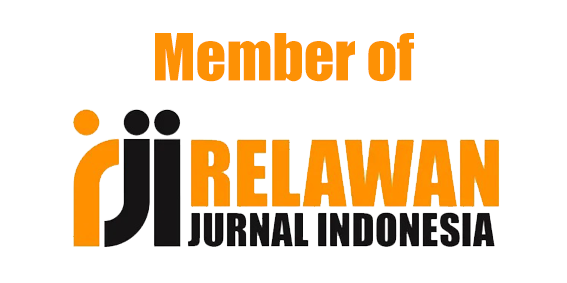PENYUSUNAN ANGGARAN PERSPEKTIF FIQHI ANGGARAN HUKUM EKONOMI SYARIAH
DOI:
https://doi.org/10.24256/alw.v1i1.625Keywords:
Budget, Economic Law ShariaAbstract
References
Anthony dan Govindarajan. Management Control System, Penerbit Salemba Empat, Jakarta 2005.
Djazuli, H.A Kaidah-kaidah Fikih: Kaidah-kaidah Hukum Islam Dalam Menye-lesaikan Masalah-masalah Yang Praktis, Jakarta: Kencana Prenada Media Group, 2006.
Endang Raino Wirjono dan Agus Budi Raharjono, "Pengaruh Karakteristik Personalitas Manajer Terhadap Hubungan Antara Partisipasi Dalam Penyusunan Anggaran Dengan Kinerja Manajerialâ€, Kinerja, Vol. 11 No. 1, thn 2007. Glenn A.Welsch, Budgeting Profit Planning and Control, fourth edition, New Delhi: prentice hall of India Private Limited, 1981
Hafidhuddin, Didin. Manajemen Syariah Dalam Praktik, Jakarta: Gema Insani Pers, 2003. Halim, Abdul Akuntansi Sektor Publik akuntansi Keuangan Daerah (Jakarta : Salemba empat, 2002 Hansen Don R, Momen, M, , Akuntansi Mangemen, Jakarta, Penerbit Salemba Empat: 2006
Ibrahim, Ahmad Abu Sinn, Manajemen Syariah: Sebuah Kajian Historis Dan Kontemporer, Jakarta: PT. Raja Grafindo Persada Mannan, Abdul Membangun Islam Kaffah, Jakarta: Madina Pustaka, 2000
Mulyadi, Akuntansi Biaya (Yogyakarta: BP-STIE YKPN, 1993), h. 488 Schiff, M. and A.W. Lewin.. The Impact of People on Budgets.The Accounting Review. Vol. 45, 1970. pp. 259 -268 Syamsul Anwar, Hukum Perjanjian Syari’ah, Jakarta: PT. Raja Grafindo Persada, 2007
Syed Nawab Haider Naqvi, 1994, Islam Economics and Society, (London and New York: Kegan Paul International Ltd), hal. Xviii. Lihat juga Yusuf Qardhawi, Norma Dan Etika Ekonomi Islam, Jakarta: Gema Insani Press Winardi, Azas-azas Manajemen, Bandung: Penerbit Alumni,1983

























